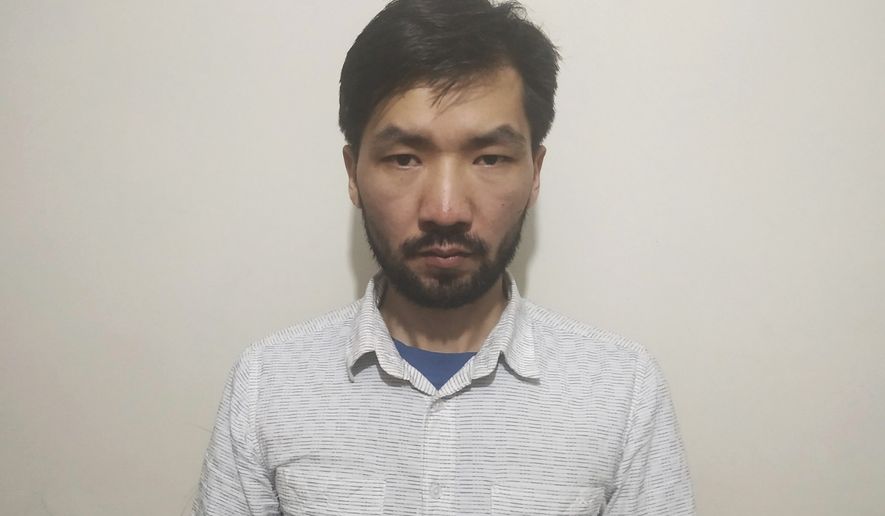It’s become far too easy for repressive regimes around the world to abuse Interpol and use international law enforcement to target dissidents and political opponents, a bipartisan group of lawmakers said Friday as they rolled out legislation to limit how governments can enlist the group.
The Transnational Repression Accountability and Prevention (TRAP) Act would set new rules on American involvement at Interpol, including requirements that the Department of Justice keep detailed records of alleged instances in which governments seek to abuse Interpol for their own purposes. The legislation was introduced in the House by Rep. Steve Cohen, Tennessee Democrat, and Rep. Joe Wilson, South Carolina Republican. A similar bill has been introduced in the Senate.
Supporters cite what they say are numerous instances in which Russia, Turkey, and other nations have issued requests for INTERPOL to detain or arrest dissidents and critics when they travel. Governments use so-called “red notices” to formally request that foreign law enforcement locate and “provisionally arrest” an alleged fugitive traveling abroad.
But critics say that the system is out of control, with some leaders issuing notices targeting not criminals but their political opponents.
Some governments also try to use Interpol to target prominent Americans.
Iran, for example, has issued multiple requests for Interpol to arrest President Trump and dozens of other U.S. officials in connection with the assassination of Iranian Gen. Qassem Soleimani in January 2020.
The international group denied those requests, but U.S. lawmakers say much more must be done.
“Using the legal system and INTERPOL to harass political opponents is becoming far too common,” Mr. Cohen said in a statement Friday. “Russia, Azerbaijan, Kazakhstan, Tajikistan, and Turkey frequently issue meritless Interpol requests that violate key provisions of Interpol’s constitution, subjecting international travelers to unnecessary inconvenience.”
Mr. Wilson said the U.S. must “fight back” against Interpol abuse, which he called “one of the worst forms of this transnational repression” in the world today.
—
• Ben Wolfgang can be reached at bwolfgang@washingtontimes.com.




Please read our comment policy before commenting.